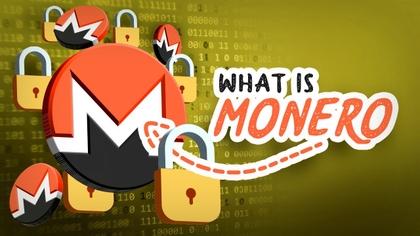Stop overpaying - start transferring money with Ogvio. Sign up, invite friends & grab Rewards now! 🎁
VanEck Analyst Points to 2018 Fraud Case as Hope for Solana ETF
Key Takeaways
- Matthew Sigel of VanEck suggests that a 2018 fraud case could influence the approval of Solana ETFs in the US, as it might help classify Solana as a commodity;
- Other analysts, like Eric Balchunas from Bloomberg, believe the chances of Solana ETF approval are slim, especially after Cboe removed 19b-4 filings for two Solana ETFs;
- VanEck's S-1 filing remains active.
Speculation about the approval of a Solana exchange-traded fund (ETF) in the United States remains uncertain, but a recent analysis by a VanEck executive suggests that a 2018 fraud case might hold the key to breaking the deadlock.
Matthew Sigel, Head of Digital Assets Research at VanEck, shared on X that his firm views Solana (SOL) as a commodity, similar to Bitcoin (BTC) and Ethereum (ETH), which is a classification that is essential for getting a crypto ETF approved under US regulatory guidelines.
Sigel explained that this stance is based on the fact that courts and regulators are starting to recognize that some digital assets, while classified as securities in primary markets, may be seen as commodities in secondary markets.

Did you know?
Subscribe - We publish new crypto explainer videos every week!
What is Monero? XMR Animated Explainer


He pointed to a 2018 court case involving the fraudulent crypto payments company, My Big Coin. The Commodity Futures Trading Commission (CFTC) had sued the founders of this company for fraudulently promoting their My Big Coin (MBC) token, claiming it breached the Commodities Exchange Act.
The defendants argued that MBC wasn't a commodity because no futures contracts referenced it. However, this argument was rejected by drawing parallels between natural gas and digital tokens. The judge noted that the location of natural gas delivery is irrelevant; as long as futures contracts exist for one type, all natural gas is classified as a commodity.
This allowed the CFTC to win the case, resulting in a 100-month prison sentence for the company's founder, Randall Crater, and an order to repay $7.6 million to investors.
Sigel concluded:
This same logic could apply to digital assets like Solana, and could shape the future of ETF regulation.
However, not everyone shares Sigel's optimism. Eric Balchunas, an ETF analyst at Bloomberg, pointed out that the Chicago Board Options Exchange (Cboe) appeared to remove 19b-4 filings for two Solana ETFs, sparking speculation that the SEC may have rejected them due to unresolved classification issues.
Balchunas further remarked that the chances of approval are slim particularly under the current administration.
Despite the setbacks, Sigel noted that while the 19b-4 filings have been removed, VanEck's S-1 filing is still active, keeping the possibility of a Solana ETF alive.
Thus, while the path to a Solana ETF faces regulatory challenges, there is still hope that it might be approved in the future.
Meanwhile, the Securities and Exchange Commission (CVM) of Brazil approved the world's first spot Solana ETF earlier this month.












![How to Transfer Money Without Fees? [Animated Tips 2025] How to Transfer Money Without Fees? [Animated Tips 2025]](https://assets.bitdegree.org/youtube/crypto-finally-explained/how-to-transfer-money-without-fees-animated-tips-2025.jpg?tr=w-400)









